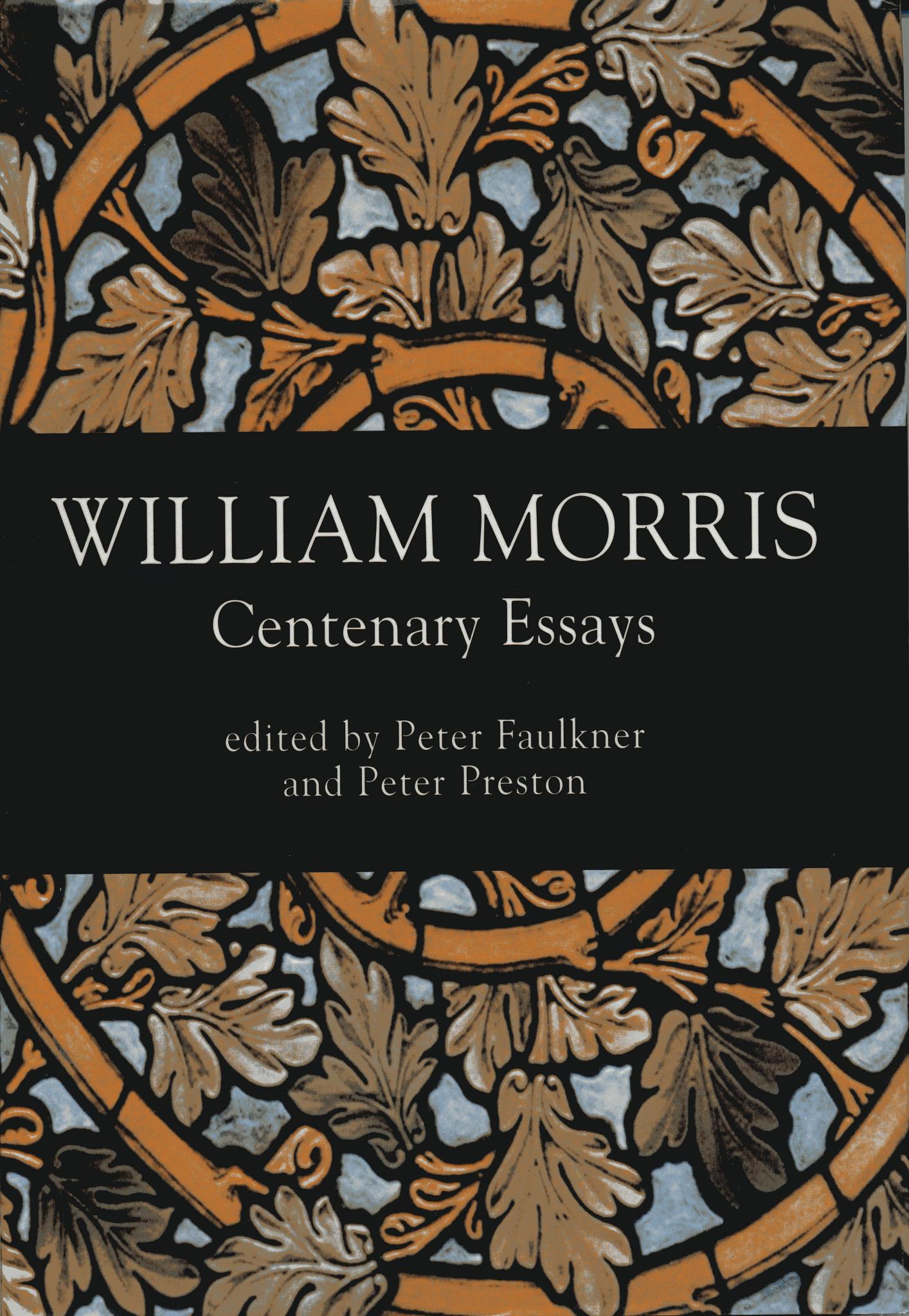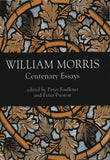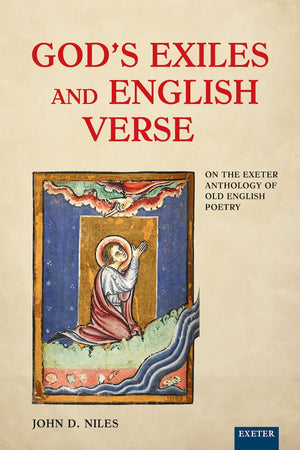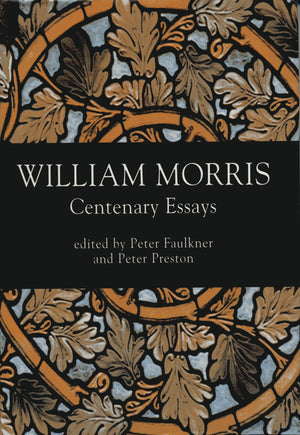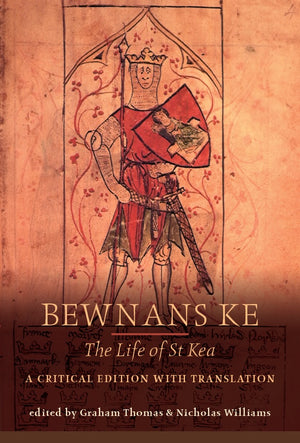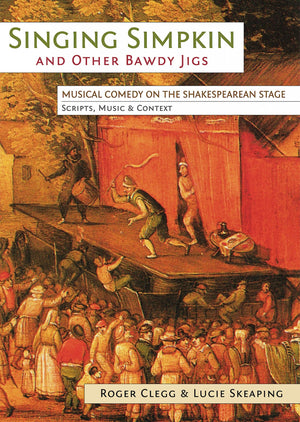University of Exeter Press
William Morris
Centenary Essays
Couldn't load pickup availability
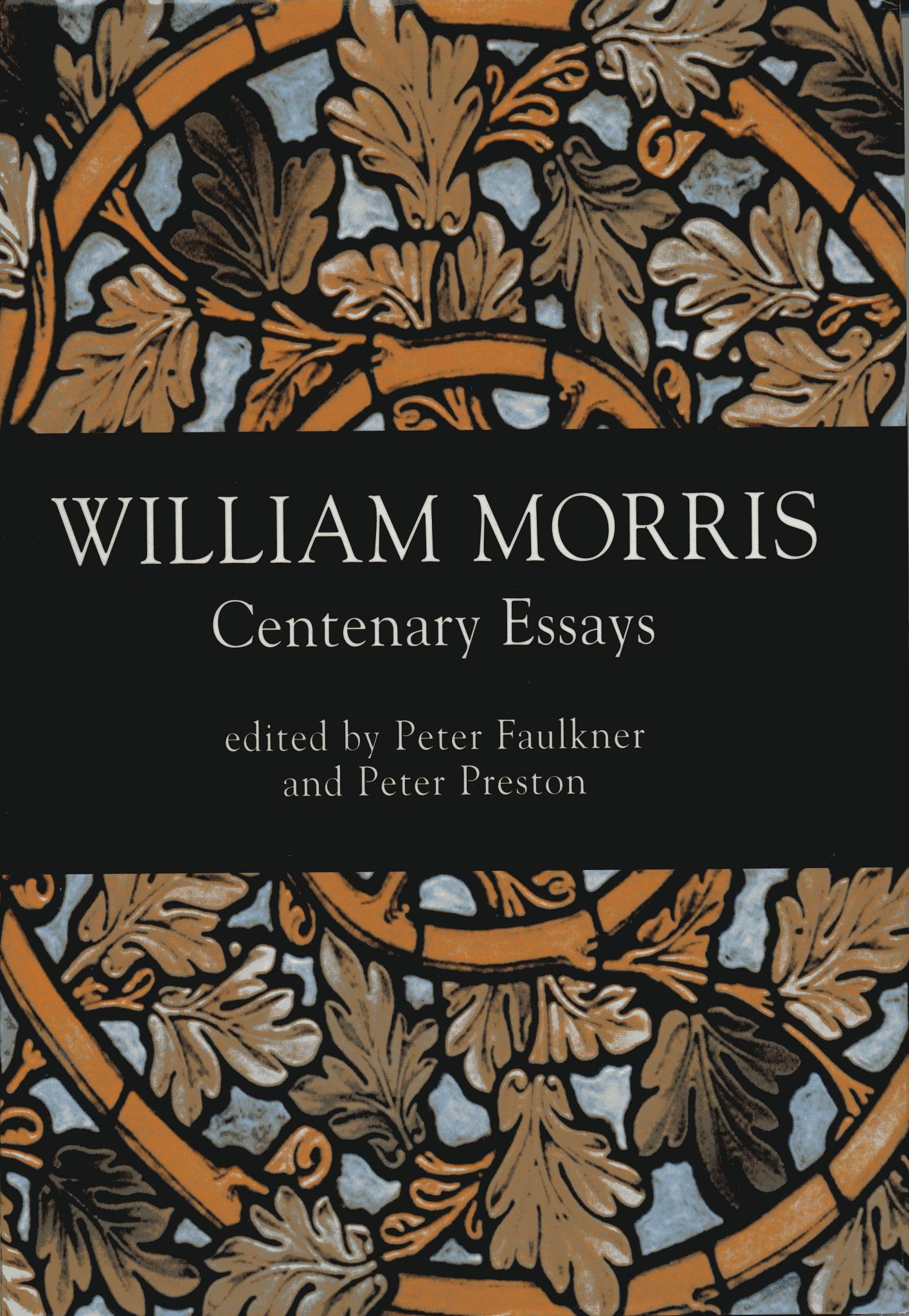
- 300 Pages
This well illustrated book celebrates every aspect of the wide-ranging achievements of William Morris - writer, designer, cultural critic, revolutionary socialist - with particular emphasis on their relevance to our own times. The book makes available up-to-date Morris scholarship in accessible form.
Written by a group of international scholars who took part in a conference marking the centenary of the death of Morris in 1896, the book has sections devoted to Morris and Literature (covering texts from The Earthly Paradise to the late romances); Morris, the Arts & Crafts and the New World (including discussions of his influence in Rhode Island, Boston, Ontario and New Zealand); and Morris, Gender and Politics (with fresh consideration of his relation to Victorian ideas of manliness and of the particular qualities of his anti-statist politics). The latter section also draws attention to a hitherto unknown play by Morris's daughter May and concludes with an account of his biographer, the late E.P. Thompson.
This well illustrated book celebrates every aspect of the wide-ranging achievements of William Morris - writer, designer, cultural critic, revolutionary socialist - with particular emphasis on their relevance to our own times. The book makes available up-to-date Morris scholarship in accessible form.
“The essays have two main foci: the revaluation of Morris in the context of his own time, and the revaluation of his legacy. The strength of the book as a whole is that it answers to those two concerns admirably well. The editors risked analytical depth in deciding to print so many (eighteen) essays touching not just on, say, Morris's literary accomplishments, but also on his work as a designer, as a politician, and as a businessman. But here too, the book succeeds, because nearly all of the essays are grounded by one overarching issue: Morris's own relationship to history. These pieces are concerned not only with his interest in the past, but also with his vigorous engagement with his historical present.” (Utopian Studies, 30 June 2000) "This is a challenging volume of essays which will no doubt further encourage Morrisian studies as we approach the new millennium. The editors, and the University of Exeter Press, are to be congratulated for producing such a fitting tribute to one of the greatest men of the Victorian age." (Journal of the William Morris Society, Vol. XIII, No. 3, Autumn 1999) "William Morris: Centenary Essays should be regarded by Morrisian scholars as an essential source, now and for many years to come. The scope, variety and mostly high-sometimes outstanding-quality of the essays make it worthy of wider attention too. Expertly edited and attractively produced, moreover, the actual book truly befits its subject. Peter Faulkner, Peter Preston and the University of Exeter Press deserve congratulations and thanks." (The David Jones Journal, 1999)
Contents: Introduction: Morris in 1996. Morris and the environment: an aesthetic ecocommunist - Morris and the Red and Morris and the Green. Morris and literature: shadow of turning in "The Earthly Paradise"; heroic poetry in an unheroic age - Morris's "Sigurd the Volsung"; the Troy connection - myth and history in "Sigurd the Volsung"; Beatrice and Ellen - ideal guides from hell to paradise; William Morris and the bear - theme, magic and totem in the romances; interiors and exteriors "News from Nowhere" and "The Spoils of Poynton". Morris, the arts and crafts and the New World: sacred and profane love - the Oxford Union murals; "The Beautiful Book that Was" - William Morris and the gift of "A Book of Verse"; William Morris in New England - architecture and design in late 19th-century Rhode Island; William Morris and 19th-century Boston; "Every artist would be a workman, and every workman an artist" - Morrisian and arts and crafts ideals at the Ontario Educational Association, 1900-1920; the dilemma of place - arts and crafts architecture in the Antipodes. Morris, gender and politics: William Morris and Victorian manliness; beyond the law of the "New Woman" in "News from Nowhere"; "Lady Griselda's Dream" May Morris's forgotten play; Morris, anti-statism and anarchy; E.P. Thompson and William Morris.







